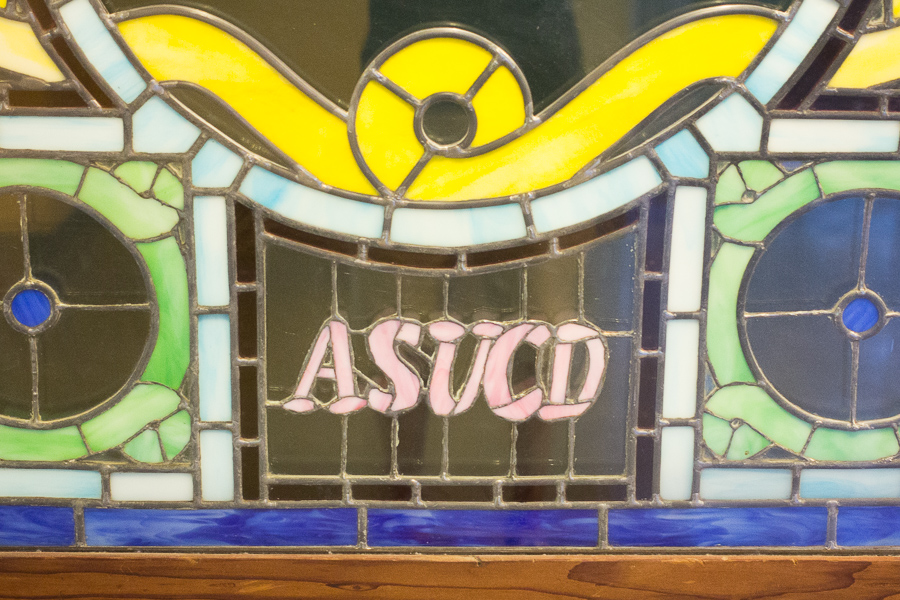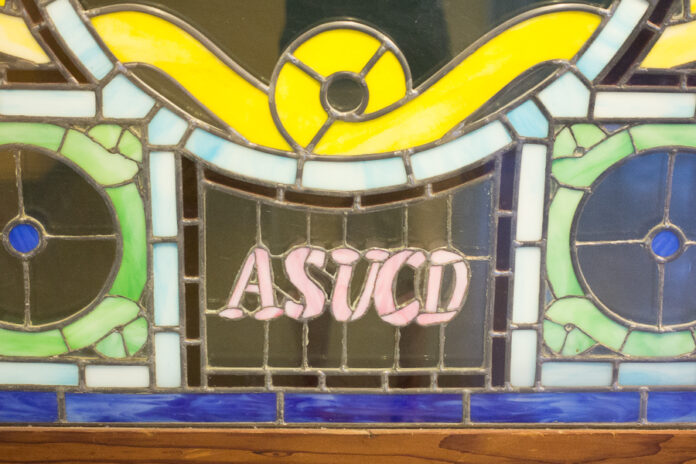
ASUCD must address its numerous flaws and damaged reputation
As a three-year ASUCD member and former Internal Affairs Commission Chairperson, I garnered a comprehensive understanding of ASUCD’s numerous conundrums. Though my review here is reductive, I hope to offer students an insider’s glimpse into the association tasked with representing them and recommend realistic solutions to redress ASUCD’s shortcomings and damaged reputation.
ASUCD appointed officials far outnumber their elected colleagues, and nearly all appointed positions require Senate confirmation. Yet Senators increasingly assume office ignorant of their prescribed (and admittedly administrative and bureaucratic) duties, which has led to haphazard, rushed Senate procedure — especially confirmation hearings. Prepared and experienced appointed leaders are paramount to ASUCD’s operational integrity; still, I’ve seen confirmations for Unit Directors last less than a minute. I’ve seen Court Justices confirmed who couldn’t name a single chapter of the Bylaws. Detailed, policy-grounded questions are avoided for the sake of brevity. The result is elections chairs who continually miss deadlines and fail to adequately staff their committees. The result is high turnover in Secretaries of the Department of Outreach and Recruitment (DOR) that corrodes longevity and disrupts interdepartmental communication. The result is a Marketing Committee with no visibility campaign or strategic messaging plan. The result is chaotic, antagonistic budget hearings. The result is institutional instability.
I urge Senators to adequately vet their nominees, to ensure they understand the full scope of their responsibilities and will enact meaningful reform. I suggest that the Elections Committee be expanded, with at least one role dedicated solely to promotion and outreach. The Marketing Committee needs seasoned, committed leadership (possibly the VP). DOR should be recalled from the Executive Office and made an independent body to relieve presidential pressures and ensure unbiased outreach efforts. The Underwriting, Sponsorship and Advertisement Committee should be revitalized to coordinate promotional practices. To complement legislative fixes, appointed officials must be held accountable and fired if they fail. Likewise, students ought to be informed of their ability to recall their elected representatives, a disclosure I argue should be included in all ballots.
Another glaringly obvious defect is election turnout, a problem that challenges ASUCD’s legitimacy and is partially rooted in a homogenous candidate pool and voter fatigue. The Winter 2015 Senate race was uncontested. All six students who ran won — one of whom was a first-year garnering a paltry seventy-eight votes. The past three presidential races have been virtually uncontested. To me, a candidate for President who’s unable to name any ASUCD Unit is shameful and unacceptable. Without institutionalized, community-based senator positions, folks in the LGBTQIA, African-American, undocumented and transfer communities are continually underrepresented. Without institutionalized, college-specific senator positions, the Table is monopolized by political science majors (which fosters the “wannabe lawyers and politicians” stereotype). Platforms are periodically recycled, and candidates become indistinguishable. Further, two elections per year equals two campaign cycles fueled by pandering Facebook messages and patronizing rhetoric.
I suggest a constitutional amendment to reduce the number of Senators elected at-large to six and the number of elections per year to one. In lieu, designated community-based and college-specific senator roles should be established to increase overall engagement. A larger, more diverse candidate pool partnered with fewer bothersome campaign seasons will energize voters, as slate leaders will be forced to recruit outside of traditional ASUCD spheres. Higher voter turnout can further lead to badly-needed reforms like election thresholds and the creation of an elected External Vice Presidency, so that students can directly choose who votes on their behalf at the University of California Student Association (UCSA).
Though the topic of funding is a multifaceted issue-area, many internal remedies I’ve suggested are contingent upon sustained fiscal health. The ASUCD student fee has remained stagnant for over 30 years. This, combined with past reckless spending and a Business Manager who caves to upper Administration at the expense of students, has nearly bankrupted ASUCD and led to an intrusive Administrative role (think: the ASUCD Council on Services and Investment). ASUCD ought to pass a new fee initiative (packaged with the upcoming Unitrans fee initiative) to create a realistic operating budget tailored to 21st-century costs. This is far easier said than done, but over time and with dedicated, tactical leadership, ASUCD can increase its campus relevance. The words “For Aggies, By Aggies” are purely rhetorical until we give them power, and I’m certain that ASUCD has the potential to both motivate and embolden.
Written by: Nick Flores
Disclaimer: The views and opinions expressed by individual columnists belong to the columnists alone and do not necessarily indicate the views and opinions held by The California Aggie.









